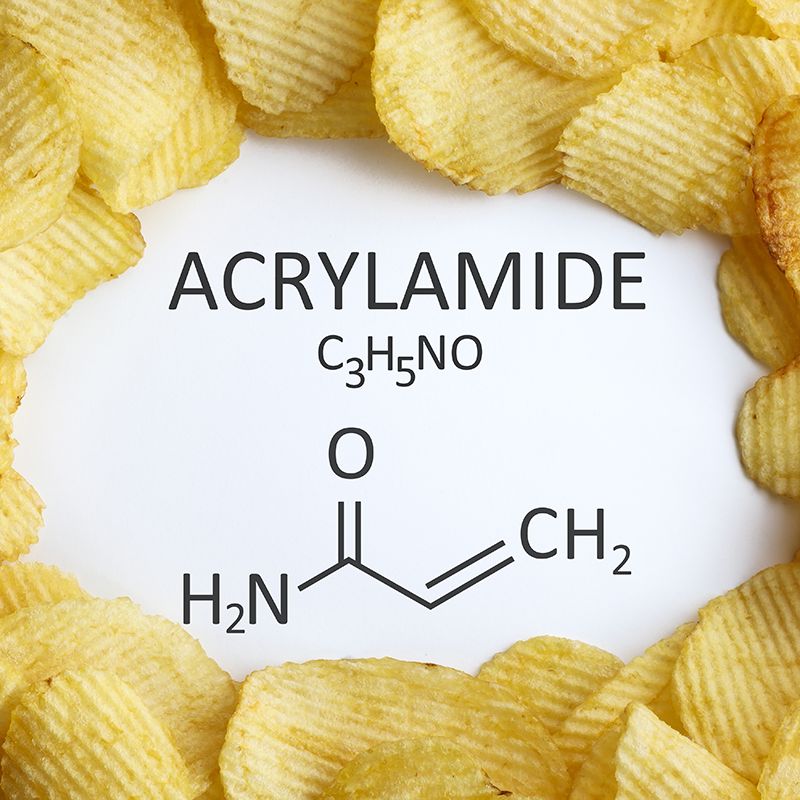 In the news this week:
In the news this week:
Which food stuffs should not be refrigerated? The presence of acrylamide in certain food such as potatoes kept in the fridge and then cooked has been known about for some years. However, there is a growing trend amongst food inspectors to see whether food businesses know as much about its potential risks as they should.
For assistance with food safety and health and safety issues within your catering operation, email us at: [email protected]
HSQC have over 40 years of experience as a leading international safety and quality management consultancy. Our team provide technical advice and laboratory and scientific support to businesses in the hospitality, food, leisure, tourism, and catering industries.

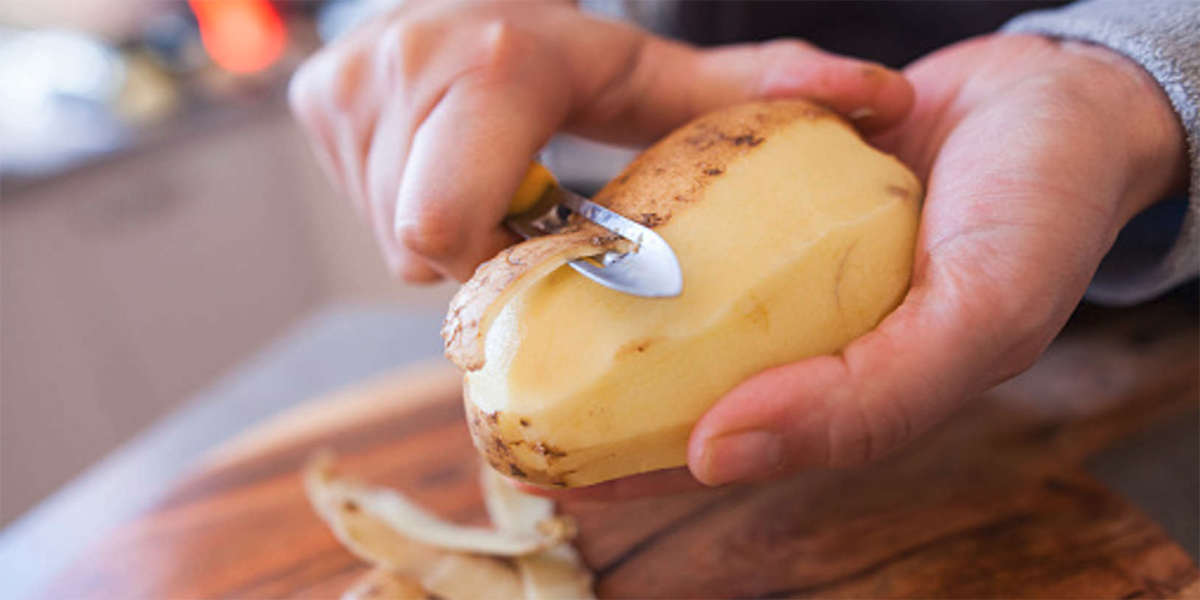

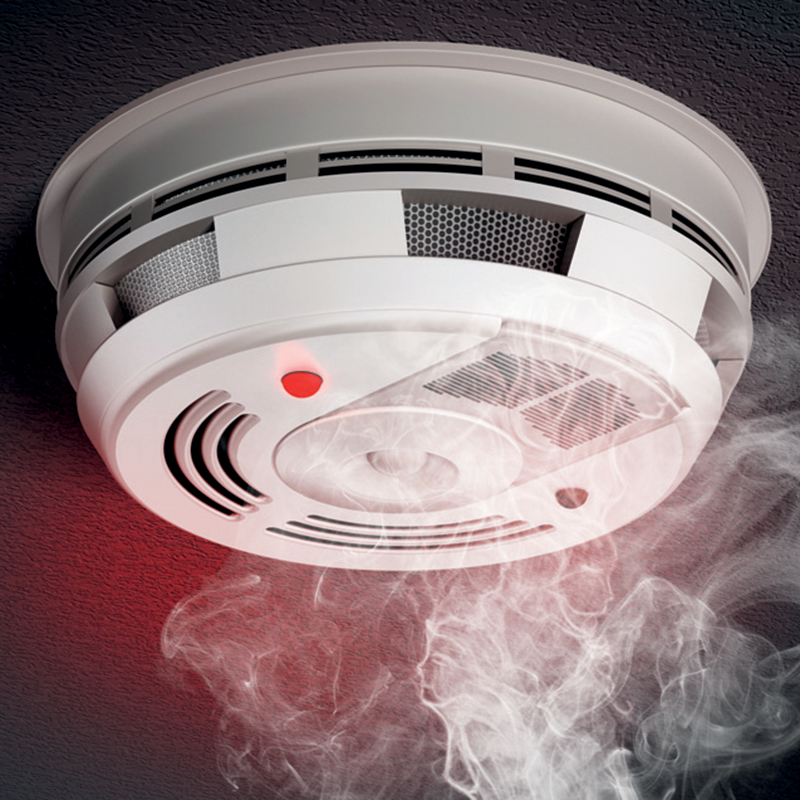 In the news this week:
In the news this week: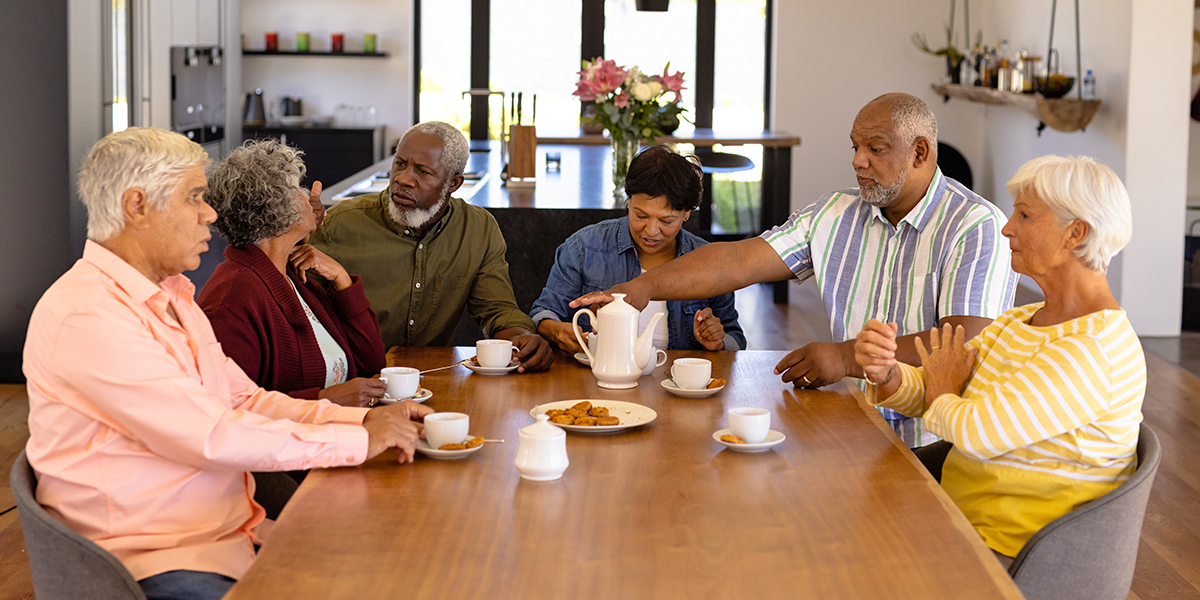
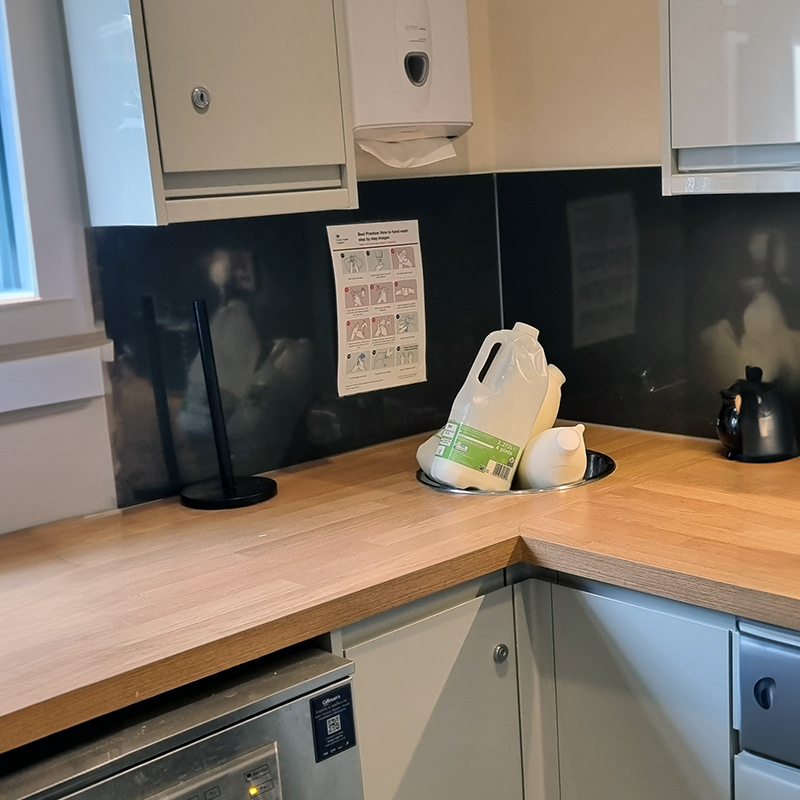 Can you spot the hazards in this seemingly harmless scenario?
Can you spot the hazards in this seemingly harmless scenario?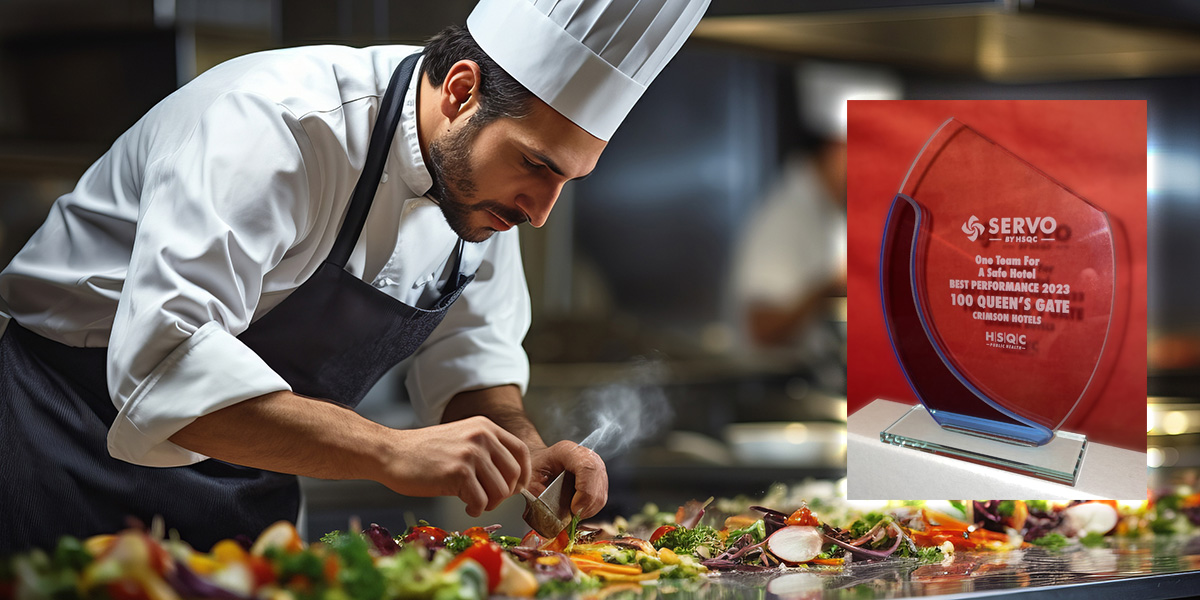
 Congratulations to Federico Ciampi and the team at 100 Queen’s Gate, who were recently awarded this best performance trophy by Richard Hannay of HSQC.
Congratulations to Federico Ciampi and the team at 100 Queen’s Gate, who were recently awarded this best performance trophy by Richard Hannay of HSQC.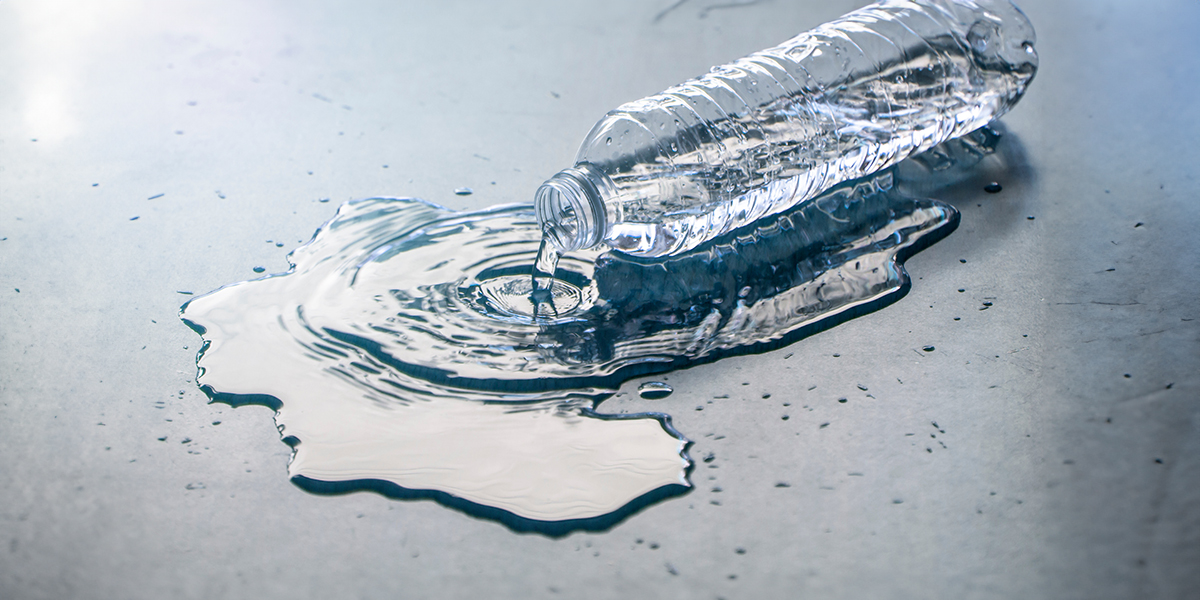
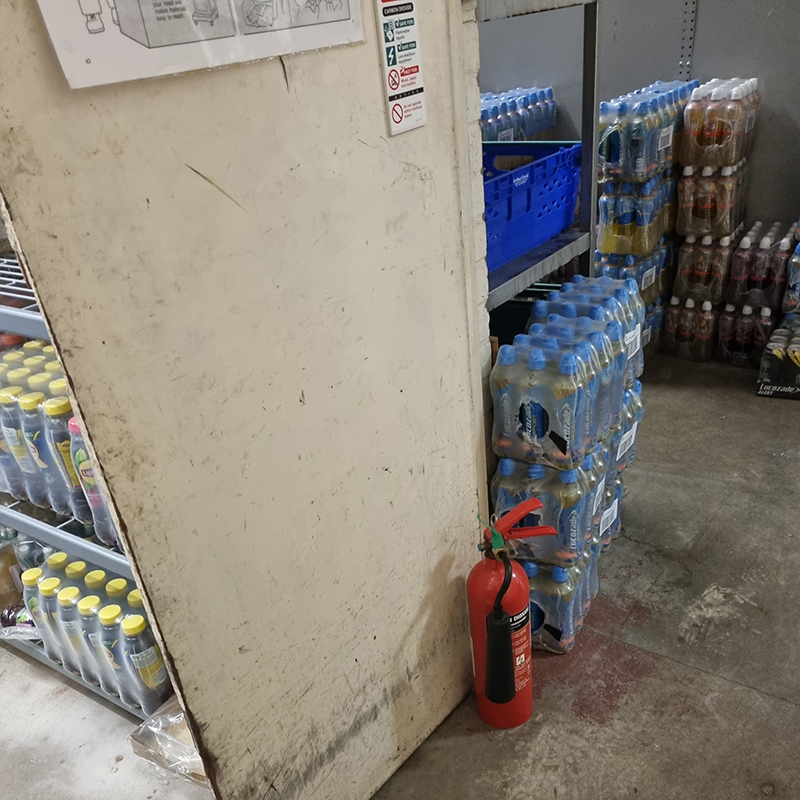 Here’s another real world hazard spotting exercise. The staff in this busy café were unaware of the potential hazards on show!
Here’s another real world hazard spotting exercise. The staff in this busy café were unaware of the potential hazards on show!
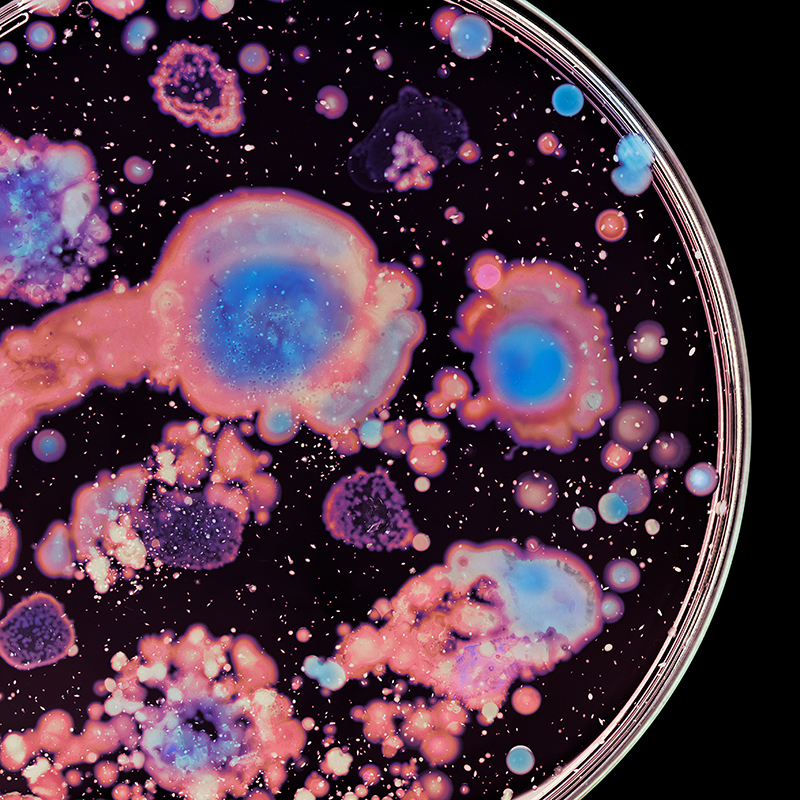


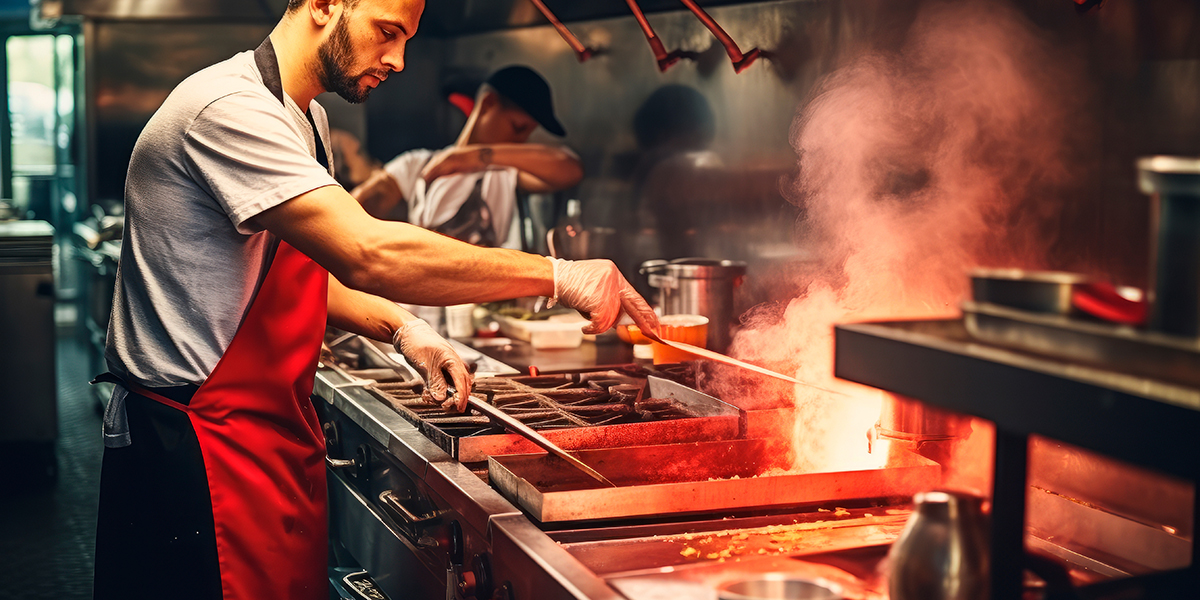
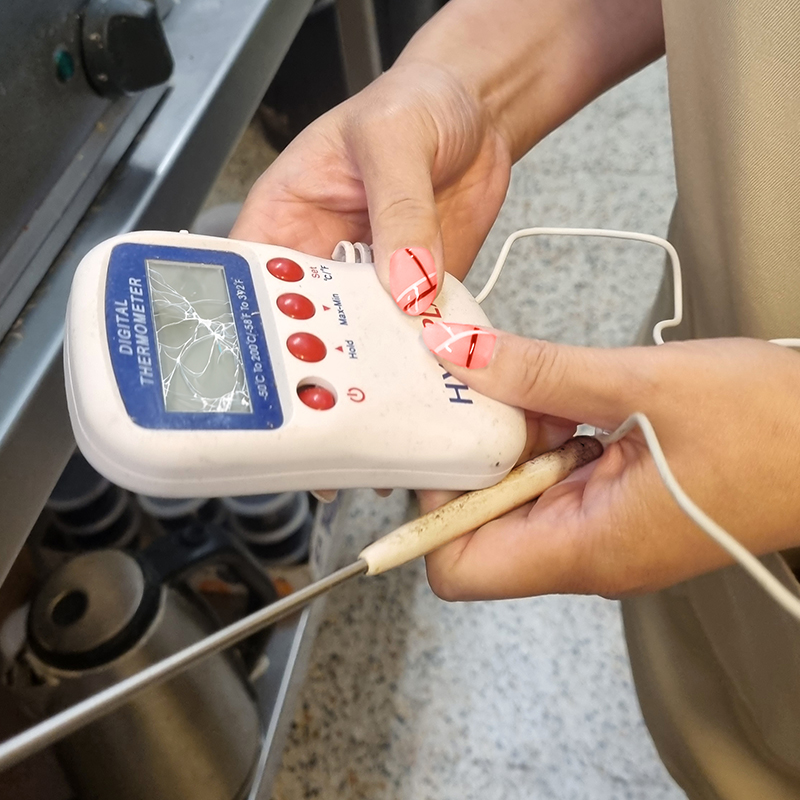
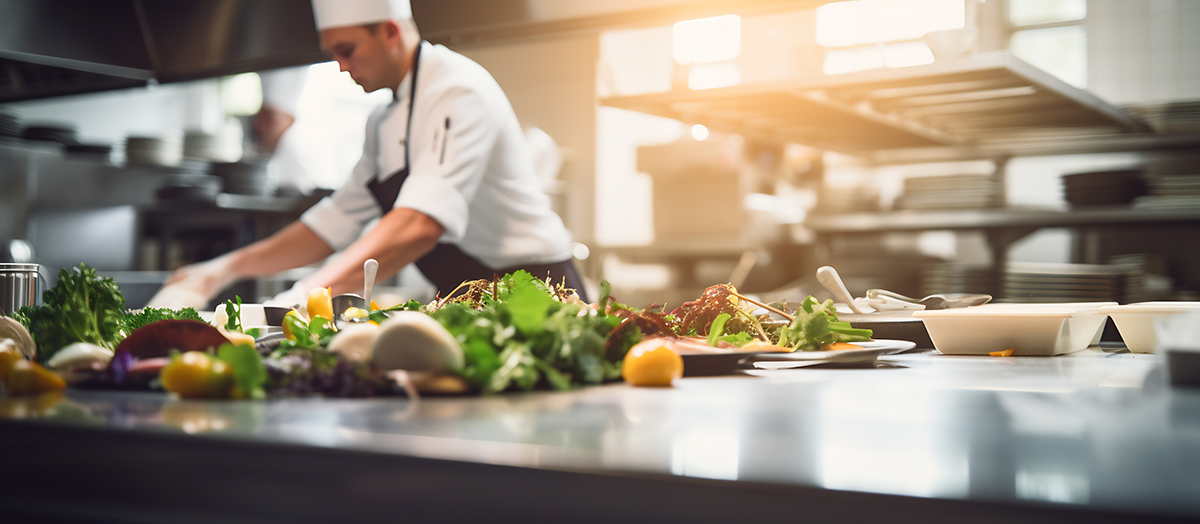
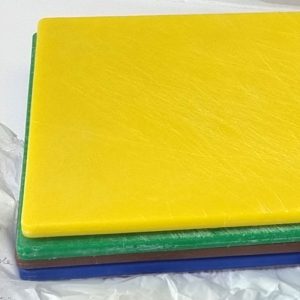 Hopefully you will have realised that these are colour coded cutting mats for kitchen usage. But what is the big error in the way that they have been stored?
Hopefully you will have realised that these are colour coded cutting mats for kitchen usage. But what is the big error in the way that they have been stored?